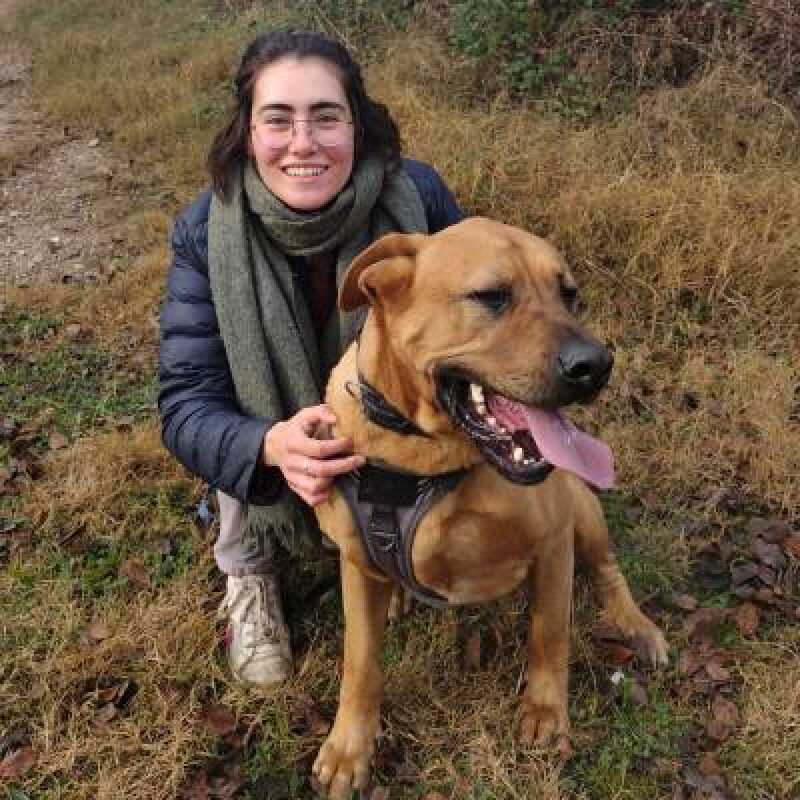- University of Kent
- Durrell Institute of Conservation and Ecology
- People
- DICE research students
- Alexandra Brumwell Prats
Alexandra Brumwell Prats


Alex is from Barcelona, Spain and did her undergraduate Msci in Zoology at the University of Glasgow. During her degree, she did a one-year research placement at a genomics lab in Barcelona analysing whole genome data of wild bonobos in the DRC (“Assessing population structure and genomic diversity in wild bonobos from target capture data”). The following year, she undertook her final year honours project which focused on conservation genomics of the endangered Exmoor pony, a semi-wild breed of horse used for rewilding (“Evaluation of pedigrees and genetic diversity in Exmoor ponies using whole genome sequences”).
After finishing her degree, she took some time away from science and worked at home before returning to the University of Glasgow to work as a lab technician in an evolutionary development research group and with SMASS (Scottish Marine Animal Stranding Scheme). This was an amazing opportunity to attend post-mortems of cetaceans and help with data collection.
Like the average researcher in conservation, she is an avid fan of creatures with fur, feathers and scales (and anything in between).
PhD title: Genomic signatures of extinction risk in birds.
How do we determine how close a species is to extinction? At present, a species’ extinction risk is mainly based on population size and decline, without considering other factors such as genetics. However, with advancements in sequencing technology and data processing, we are now realizing the importance of using genomics (studying the entire genome rather than just a few genes) in conservation efforts.
So, how can we measure and utilize genomics to predict extinction risk and enhance conservation? I aim to address this question by examining the genomes of a diverse group of animals: parrots and falcons. These species range from "Critically Endangered" to "Least Concern", allowing us to compare genetic differences between species to identify what makes some more vulnerable to extinction. Moreover, I aim to explore why closely related species can differ in their vulnerability to the same virus, and whether factors such as immune gene diversity can contribute to these differing survival rates.
Overall, I hope that my project can enhance our understanding of the potential of genomics-informed conservation.
Dr. Jim Groombridge (University of Kent)
Dr. Hernán Morales (University of Copenhagen)
Dr. Cock van Oosterhout (University of East Anglia)
Dr. Marta Farré (University of Kent)
Loading publications...
Showing of total publications in the Kent Academic Repository. View all publications